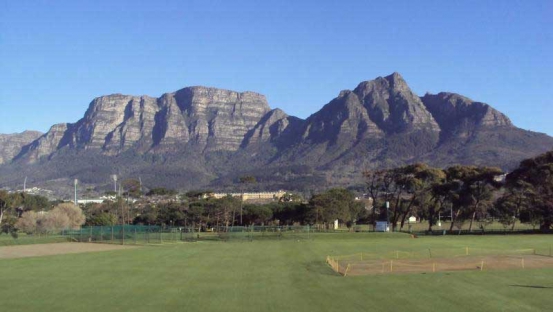×
The Standard e-Paper
Home To Bold Columnists

On Tuesday this week a curious full page advert appeared on page 9 of this newspaper. After going through the advert signed by M. Buckers and L.R.M Kraan, I ran out of breath and called a corporate lawyer for interpretation.
Alluding to my intellectual curiosity saved me a fee note. Curiously, the advert didn’t attract the attention of whatsapp groups or social activists. They were too focused on unga. What caught my attention was indirect “effective control” of Safaricom and the timing.